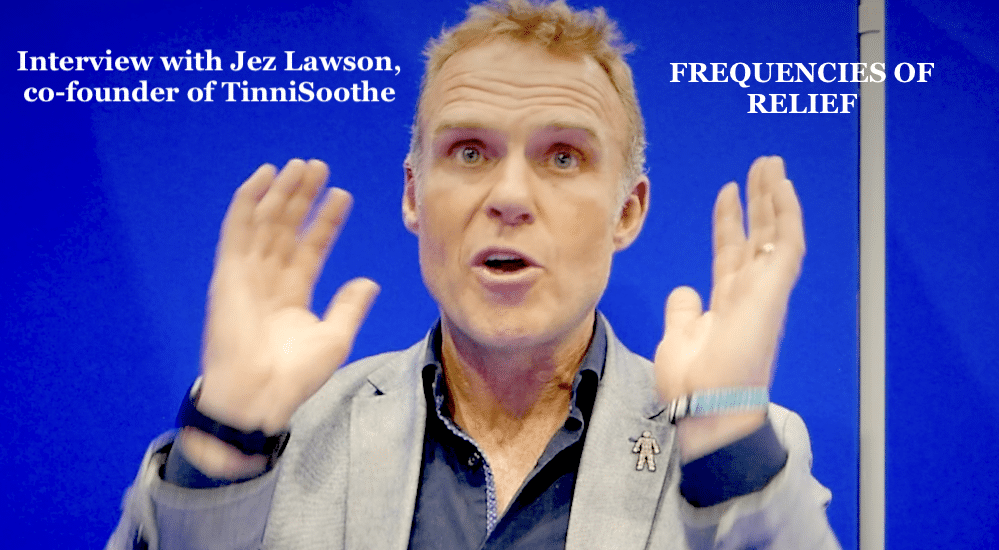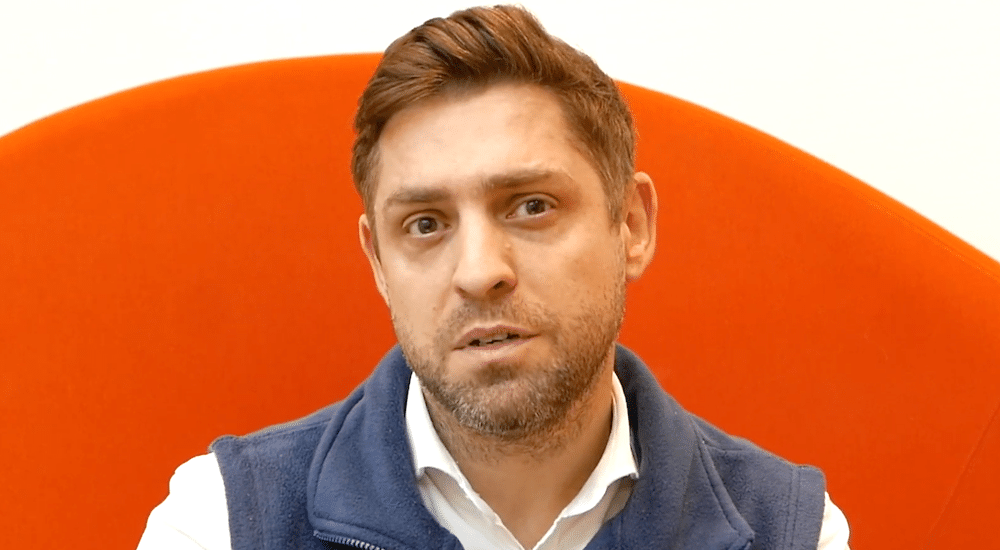European School on Interdisciplinary Tinnitus: a framework for the future
Tinnitus research
12 universities across 10 Europeancountries; 34 academic, clinicaland industrial partners; 17supervisors and 15 PhD studentswith the help of €3.8 million EU fundingare looking to change the tinnituslandscape over the next four years.

A new European School on InterdisciplinaryTinnitus research programme(ESIT) has been launched whichwill endeavour to: advance newtreatment solutions for tinnitus; improveexisting treatment paradigms; developinnovative research methods; perform genetic studies;collect epidemiological data to create new knowledgeabout prevalence and risk factors and establish apan-European data resource.
Fifteen students completed the recruitment and selectionprocess for their respective European universitiesand have started on their PhD journey. A meeting inWarsaw in November was their first opportunity tomeet their peers, supervisors and other professionalsinvolved in a European Union-funded tinnitus researchprogramme called ESIT. The European School forInterdisciplinary Tinnitus Research (ESIT) has beenmade possible through Horizon 2020 funding which,amongst other work streams, will fund their three-yearPhD studies and train these fifteen young scientiststo work in the field of tinnitus.
The week spent together in Poland was an essentialexperience for the students as they got to know eachother, learnt about the ESIT programme, talked aboutthe future training curriculum and enjoyed someintroductory expert lectures from tinnitus professionalsfrom across Europe.
The next task for the students is a clinical internshipwhere, for one week, they will experience the activitiesof a tinnitus clinic in a European country. This realworldexperience will be hugely beneficial as they starttheir research in the tinnitus world. Their supervisorsand course leaders firmly believe that this awareness of the challenges faced by people with tinnitus andclinicians is a prerequisite for impactful research.
An Innovative Training Network (ITN)
For years, professionals involved in the tinnitus fieldhave been calling for more funding and research toimprove the situation of millions of European tinnituspatients. And now, thanks to persistence, hard workand lobbying, three Marie Sklodowska-Curie InnovativeTraining Networks (ITNs) have been funded, in the pastyear, for a total of e10.3 million from Horizon 2020. Thethree networks will train more than 40 PhD candidatesin the United Kingdom, France, Denmark, Germany,Italy, Spain, the Netherlands, Sweden, Switzerland,Austria and Poland. The funding will support a greatdeal of research into tinnitus.
One of the ITNs is the European School forInterdisciplinary Tinnitus Research (ESIT). The grantagreement for this programme was signed just beforeEaster 2017, the job announcements of the 15 PhDpositions were immediately posted and the officialannouncement about the project was released inMay 2017. €3.8 million will ensure the professionalsinvolved in the ESIT programme can gather data on a systematic interdisciplinary basis, to research newtreatment methods and train young scientists to workin the field.
Coordinated by the tinnitus centre at the RegensburgUniversity Hospital in Germany, the ESIT programmeis due to run for four years. Alongside the 15 PhDstudents, there is a multidisciplinary consortium ofclinical practitioners, academic researchers, commercialpartners, patient organisations and public healthexperts working together to train, research, disseminateinformation and ultimately build that evidence-base.This close cooperation across twelve universitiesfrom ten EU member states and 34 other academicand non-academic partners makes this programmeunique.
Dr Winifred Schlee,ESIT Coordinator,explains, “The ESITmakes it possible forthe first time ever tocreate a commonfoundation and auniversally agreedframework for thefuture in what hasso far been a badlyfragmented researchlandscape. Tinnitusresearch requires aclose co-operationof all disciplines, in order to find innovative individualsolutions for a highly diverse disorder profile. I amdelighted that with the support of the EU and anexcellent array of partner institutions we have madea significant step towards realising our goals.”
Read more on the ESIT training programme on Audio Infos UK.
 Sign in
Sign in

